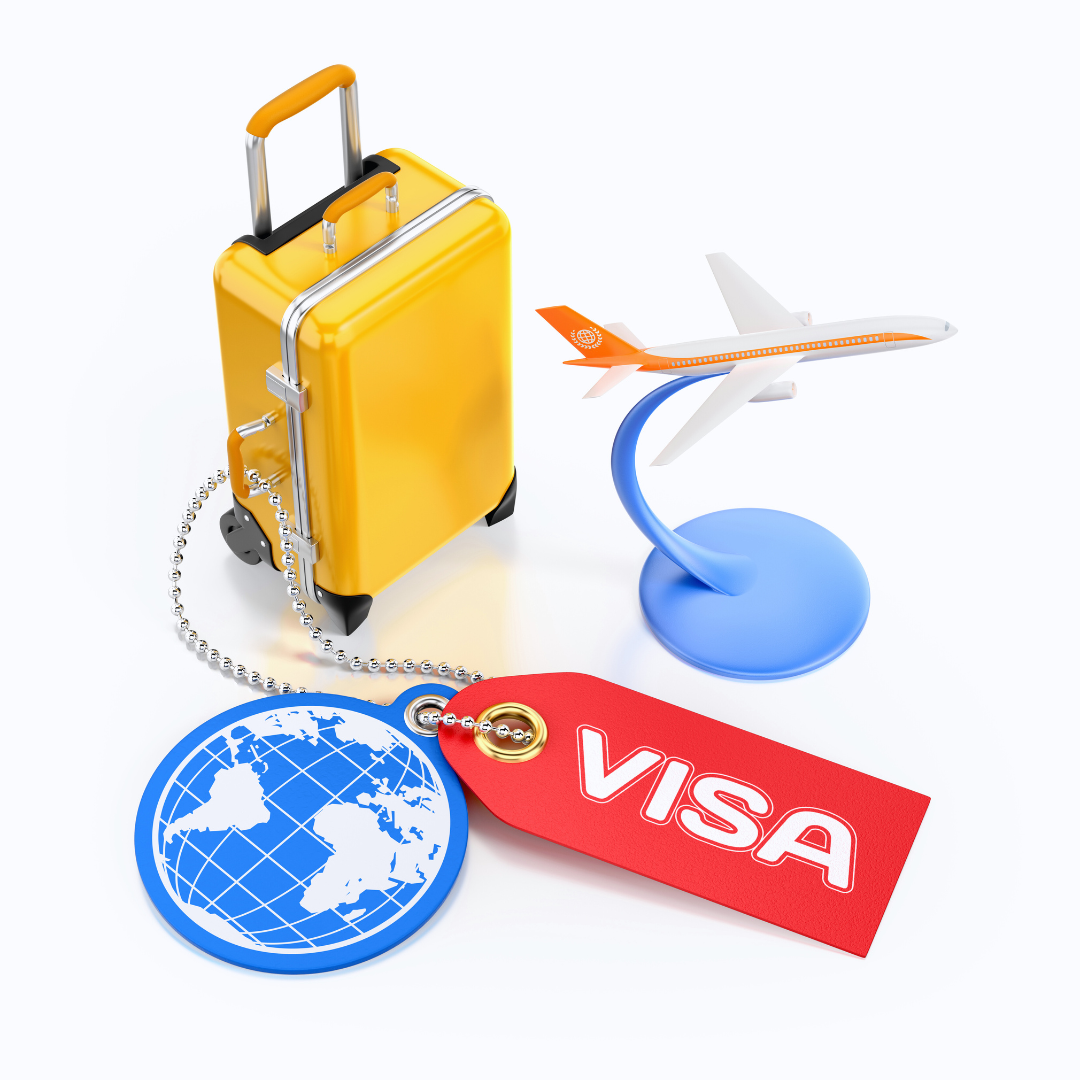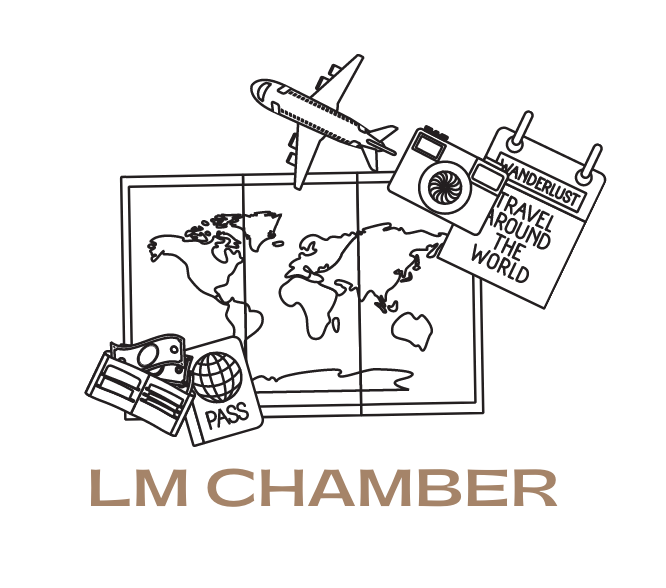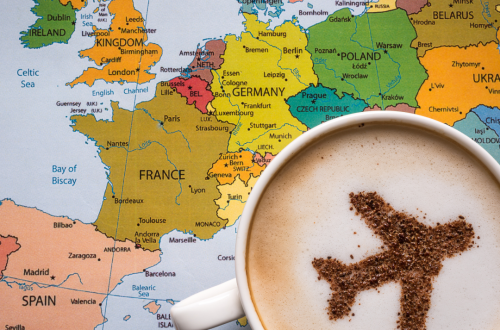
How to Navigate the World of Travel Visas: A Comprehensive Guide for International Travelers
Navigating the world of travel visas can be a complex task, especially for those unfamiliar with international travel regulations. Understanding the specific visa requirements for each destination is essential to ensure a smooth journey. Each country has its own set of regulations, often influenced by factors such as citizenship, purpose of travel, and duration of stay.
Research is key when it comes to travel visas. Travelers need to start by checking the official government websites or authorized travel agencies for the most accurate and updated information regarding visa application processes, fees, and processing times. This proactive approach can save time and prevent potential complications at borders.
In addition to gathering information, being organized is crucial. Keeping all necessary documents, such as passports, proof of accommodation, and travel itineraries, ready can streamline the application process. This preparation sets the tone for a hassle-free travel experience, allowing individuals to focus on the adventure ahead rather than bureaucratic hurdles.
Understanding Different Types of Travel Visas
Travel visas come in various categories, each serving specific purposes for travelers. Knowing the differences can help individuals select the right visa type for their needs.
Tourist, Business, and Work Visas
Tourist visas are temporary permits for individuals traveling for leisure. Generally, they allow stays from a few weeks to several months, depending on the destination’s regulations. Some countries offer a straightforward application process, while others may require proof of accommodation and return flights.
Business visas cater to professionals attending conferences, meetings, or negotiations. These visas often have different conditions and usually require an invitation from a host business. The duration of stay can vary widely based on the specific visa.
Work visas are necessary for individuals who plan to engage in employment. Typically, these visas require sponsorship from an employer and may involve a lengthy application process. Applicants must meet specific criteria, such as qualifications, to obtain a work visa.
Student and Transit Visas
Student visas are designed for individuals enrolling in educational institutions. Applicants typically need proof of acceptance from a school and sufficient funds to cover tuition and living expenses. The duration often matches the length of the study program.
Transit visas are for travelers passing through a country en route to another destination. They usually permit short stays, often requiring travelers to remain in the airport or a designated area. Some countries might waive transit visa requirements if specific conditions are met, such as staying within the airport.
E-Visas and Visa on Arrival
E-visas are electronic travel permits that can be applied for online. Many countries have adopted this system for efficiency, allowing travelers to receive their visas via email. E-visas can be for various purposes, such as tourism or business.
Visa-on-arrival programs allow travelers to obtain their visa at the port of entry. This option is convenient for those who haven’t secured a visa beforehand. However, it is essential to verify eligibility, as requirements can vary greatly by country.
Visa-Free Access and Waiver Programs
Some countries offer visa-free access for travelers from specific nations. This arrangement allows citizens to enter without a visa for short periods, often for tourism or business. Each country has unique agreements defining who qualifies.
Visa waiver programs, like the ETIAS for Schengen Area countries, enhance security while simplifying travel. Under these programs, eligible travelers must register in advance, streamlining entry processes. Knowing the rules of these programs can save time and resources when planning a trip.
How to Research and Meet Visa Requirements
Navigating visa requirements involves understanding entry rules, sourcing reliable information, and being aware of processing times. Careful research ensures travelers meet all necessary criteria without complications.
Checking Entry Rules for Your Destination
Travelers must begin by verifying the specific entry rules of their destination. This includes understanding visa requirements and other regulations that may apply.
Countries often have differing entry rules based on nationality and the purpose of visit. For instance, tourism, study, or work may all have unique stipulations.
Key steps include:
- Identifying the destination country.
- Checking the required documents, such as passports, photographs, and proof of accommodation.
- Noting potential travel restrictions due to national security or health concerns.
Many countries maintain updated guidelines on their official websites. Verification is crucial since rules can change frequently.
Finding Reliable Information from Embassy and Consulate Websites
Embassy and consulate websites are primary sources for accurate visa information. They provide official details regarding visa requirements, fees, and application processes.
Travelers should ensure they are consulting the official site of their country’s embassy or consulate. Misinformation from unofficial sources can lead to complications.
Helpful tips include:
- Bookmarking embassy and consulate URLs for quick access.
- Looking for sections on visa requirements and frequently asked questions.
- Contact the embassy or consulate directly for clarification if needed.
These venues can also give insights into application processing times, ensuring travelers plan their trips accordingly.
Understanding Visa Policies and Processing Times
Awareness of visa policies is essential for successful travel planning. Policies can vary significantly depending on the travel purpose and the visitor’s nationality.
Visa processing times also play a critical role. Some visas may be processed within days, while others could take weeks.
To navigate this area effectively:
- Review estimated processing times on embassy websites.
- Consider applying for visas well in advance of the intended travel dates.
- Use online tools or visa agencies that offer processing time estimates.
This preparation helps prevent last-minute complications and ensures that all entry requirements are met efficiently.
Applying for a Visa and Preparing for International Travel
Navigating the visa application process requires careful attention to detail and planning. Knowledge of essential documents and travel considerations can help ensure a smooth experience for international travelers.
How to Apply for a Visa
Applying for a visa typically starts with identifying the correct type of visa for the destination country. U.S. citizens should consult the embassy or consulate’s website for specific visa requirements and the application process.
Many applications can be completed online, but some may require in-person appointments. It’s vital to complete all forms accurately to avoid delays.
Payment of the application fee is often required when submitting a visa application. Additionally, some countries may need biometric information, such as fingerprints, so applicants should prepare in advance.
Essential Documents for Visas and Passports
Essential documents for obtaining a visa include a valid passport, photographs, and proof of travel plans. Travelers should ensure their passport has at least six months’ validity beyond the intended stay.
Supporting documents may include flight itineraries, hotel reservations, and bank statements showcasing sufficient funds for the duration of the trip. Documentation requirements vary by country, so verifying the necessary paperwork is critical.
Obtaining travel insurance is also advisable for unforeseen circumstances. This can protect against medical emergencies and trip cancellations.
Tips for Streamlined Visa Applications
To streamline the visa application process, early preparation is crucial. Applicants should start the process well in advance of their intended travel dates to accommodate any processing delays.
Maintaining organized records of all documents can facilitate smoother submissions. Creating a checklist of all required materials ensures nothing is overlooked.
Additionally, applicants can benefit from online resources and travel forums where experiences and tips are shared. Consulting with experts who specialize in visa applications can also provide tailored guidance.
Travel Planning and Insurance Considerations
Effective travel planning includes understanding the visa’s duration of stay and any restrictions. Some visas may limit the number of entries or the length of each stay.
Purchasing travel insurance should be a priority. Insurance plans can cover emergencies, trip delays, and cancellations. It’s essential to review policy details to choose coverage that fits specific travel needs.
Lastly, staying informed about any health advisories and entry requirements, such as vaccinations or COVID-19 protocols, is vital for a successful trip. Adaptability in travel planning can provide peace of mind during international travel.





